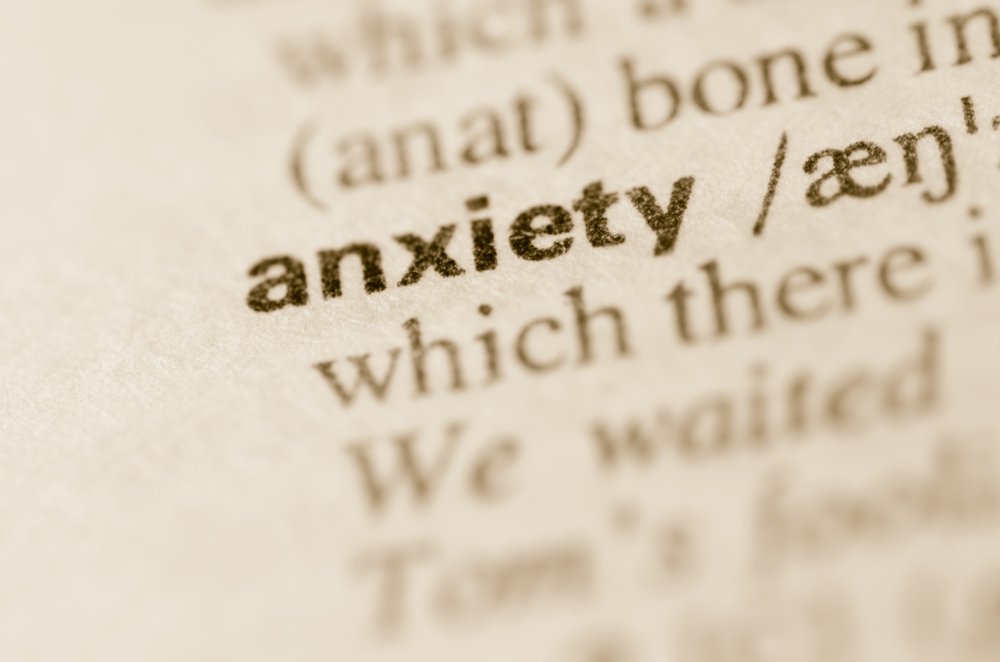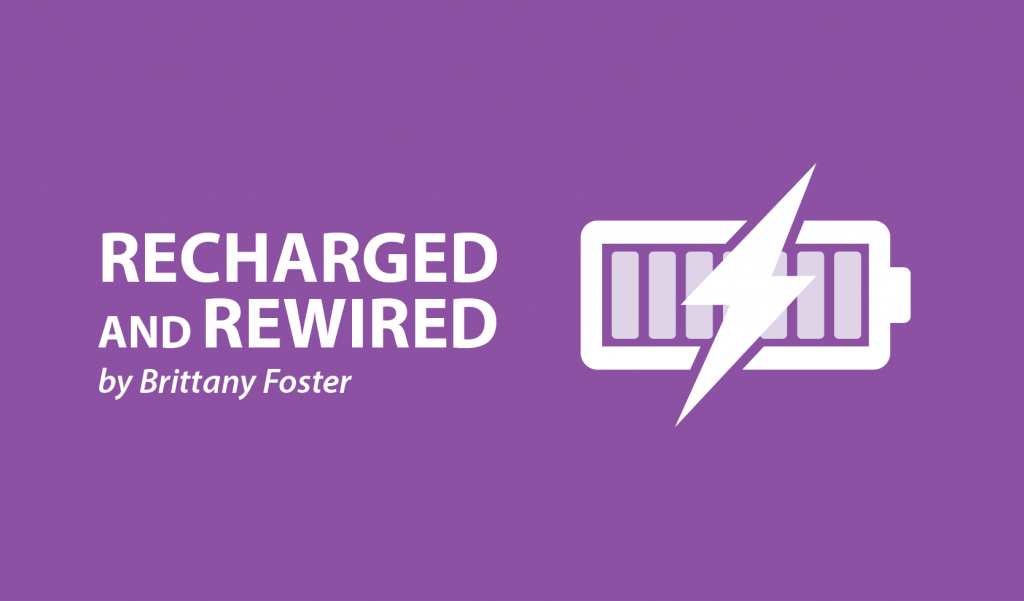The Battle with Anxiety During and After Hospitalization
Written by |

“How is your anxiety?” a doctor asked me in the ER. The sarcastic side of me would have loved to say, “I am handling being transported by ambulance from my pulmonary clinic with a 70% oxygen level and burning lungs pretty well. In fact, I think this is the calmest I ever felt. Thank you for asking.”
To answer the question honestly, I feel anxious in a hospital. Everyone feels anxious when they are in an emergency situation that requires immediate medical care to save their lives. I experience post-traumatic stress every time I am in a hospital. Those of us with chronic medical conditions are no stranger to post-traumatic stress. I will never get used to the fears, worries, sadness, and anxiety that stay with me long after I leave the hospital.
I understand that to a doctor, I may not appear anxious. I seem as though I’m handling it well. This is all part of survival mode for me. I numb myself to all of the trauma I’m experiencing in the moment because it’s easier that way. It’s easier to pull myself out of a physical crisis when I’m mentally numb. Feeling this mental numbness is also a trigger for my PTSD.
In a time of a crisis, all of my mental efforts go toward my physical well-being. I don’t have time to think about the state of my anxiety. I don’t have time to think about and manage the triggers of my trauma. When the physical part is gone and survival mode has ended, the mental aspect makes up for lost time.
Just being in a hospital bed can trigger awful memories. The monitors constantly beeping, alerting me that my oxygen saturation levels are dangerous, my heartbeat experiencing an arrhythmia, my blood pressure dangerously low — all of this is enough to send me into a panic.
I’m flooded by memories of watching the monitor as my heart was about to go into a ventricular arrhythmia. I get anxious about leaving myself in the hands of medical professionals when so many have wrongfully diagnosed me and misjudged my symptoms in the past. I’m reminded of near-death experiences when I felt helpless, trapped, and not in control of my own body. I find myself on high alert always trying to justify my state of anxiety when they see “anxiety” as one of my many diagnoses on my medical chart.
Will they think I’m making things up? Will they treat me any differently because of this? Will they miss something important because their minds are clouded by my mental illness diagnosis? Will they even have knowledge about PH and the many symptoms that go along with it?
Not only is my PTSD present in the hospital, but it is also very real in the weeks following a hospital admission. My reactions to trauma look like the sleepless nights where my body won’t let me relax. It’s the sensitivity and random crying episodes. The need to occupy my mind with something else other than my health. The sadness that quickly turns into rage when I realize how truly difficult some days are for my body. The week after a hospital stay, my mind will resort to thinking about unhealthy coping mechanisms such as preoccupying myself with thoughts around food and restriction, even though I don’t actually obey these thoughts (thanks to recovery).
Managing anxiety and trauma related to hospital stays is extremely difficult. Acknowledging emotions for what they are is the first step to allowing yourself to heal from an emergency situation. I need to remind myself constantly that all of my physical conditions are real and serious. The wrongful ways I was treated in the past by medical professionals have nothing to do with the validity of my diagnosis now. It’s OK to feel sad and worried and have worsening anxiety and depression after a hospital stay. Talking about trauma as it relates to medical conditions is so important. Whether it’s talking about it with a family member, friend, or trusted professional, it needs to be talked about. Your traumas are real. Your emotions are real. Your health condition is real. It’s important to recognize that.
***
Note: Pulmonary Hypertension News is strictly a news and information website about the disease. It does not provide medical advice, diagnosis, or treatment. This content is not intended to be a substitute for professional medical advice, diagnosis, or treatment. Always seek the advice of your physician or other qualified health provider with any questions you may have regarding a medical condition. Never disregard professional medical advice or delay in seeking it because of something you have read on this website. The opinions expressed in this column are not those of Pulmonary Hypertension News or its parent company, Bionews Services, and are intended to spark discussion about issues pertaining to pulmonary hypertension.





A. S. Collins
This is such a helpful and unselfish article, Brittany, and one written with impressive flair. Personally I have looked upon post-discharge anxiety as iatrogenic, wretched and unavoidable in the manner of physical damage from medical IR and procedural interventions, bizarre side-effects of hospital-administered pharmaceuticals, even the frolicking intestinal worms and galloping tinea pedis one might acquire from being forced to live at close quarters with fellow patients in less than sanitary conditions.
CEO Melissa Dumitru
Outstandingly written Brittany and thank you for highlighting what the majority of us go through so honestly and elequently. I am finding that this part of our disease process is either avoided completely or not acknowledged at all. It seems to make people very uncomfortable. Here in Australia patient support groups and organisations are beginning to focus more on the patient experience and that includes topics like mental health issues and anxiety. I am so glad you wrote this and I'm going to share it on our website and in a future edition of our magazine too. It's time to get this conversation started. Take care warmly Melissa
Brittany Foster
Thank you so much! If you have any further questions or if you need anything else for the magazine please feel free to email me at [email protected]! Thank you again for reading and seeing the importance of this. I'm glad you can relate to it.